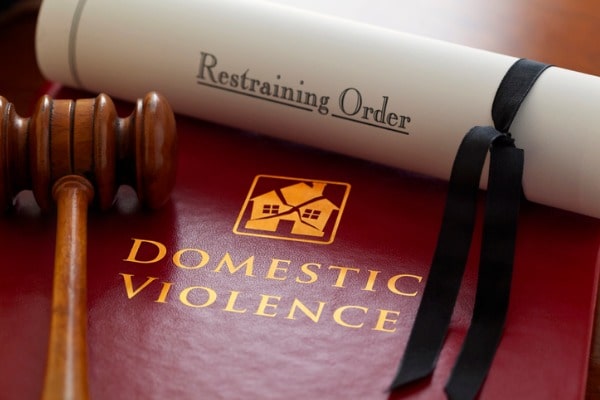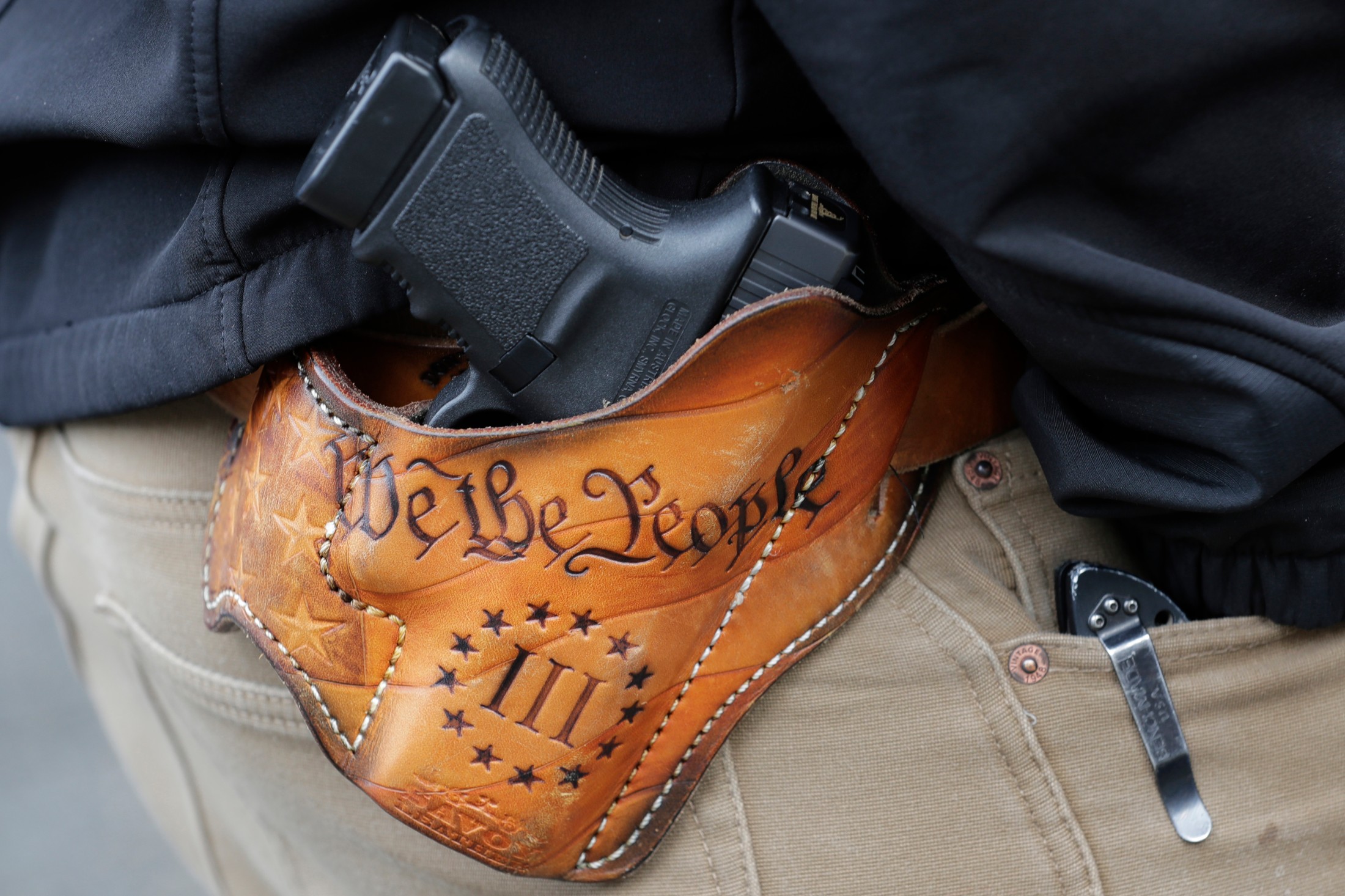
Photo courtesy of study.com
What happens when crime victims are prosecuted as accomplices to their abuser’s criminal conduct? A recent Marshall Project investigation found survivors of domestic violence and sexual offenses are particularly vulnerable to prosecution because of the control their abusers hold over them.
THE PROBLEM
Even if a person does not directly commit a crime, they can still be punished for it. That’s because every state in the U.S. – including WA State – has a version of “accomplice liability.” These are laws that allow someone to be punished for assisting or supporting another person who commits a crime. In some cases, accomplice liability is prosecuted on victims even if their participation is under the threat of violence.
In some states, it does not legally matter if a person helped with a crime because they were threatened with death or feared physical violence. As a result, evidence of domestic abuse may not be considered relevant. In other cases, a survivor’s history of abuse may be used to justify their punishment.
THE NUMBERS
A study of 72 women serving life in Michigan prisons found 60% were there for a murder they didn’t commit. Most of those crimes were connected to a man they had a relationship with. In a different survey of people serving time for murder or manslaughter in women’s prisons, 13% of the respondents said they had been convicted for a crime committed with their abuser.
Reviewing court documents, the Marshall Project found nearly 100 cases where prosecutors charged a person (almost always a woman) for supporting, taking part in or failing to stop a crime by their alleged abuser. The cases include a woman who is in prison because her boyfriend severely beat her child, even though she wasn’t home at the time. In another instance, a woman helped her abuser sell stolen goods after a murder because, she said, she was afraid he would kill her.
POSSIBLE SOLUTIONS
Lawmakers and advocates for survivors say there are two ways to tackle the problem. The first would be to limit accomplice liability so fewer people can be charged using those laws. Another approach some states have taken is to rethink how domestic violence victims are sentenced. New York’s Domestic Violence Survivors Justice Act, passed in 2019, allows judges to depart from mandatory minimums when sentencing (or resentencing) survivors. According to the Survivors Justice Project, which works to free victims of domestic violence from prison, 64 people have been resentenced in New York after filing applications.
DEFENSES AT TRIAL
In WA State, Duress is a substantive defense to criminal charges, including accomplice liability. The Duress defense exists if (1) The defendant participated in the crime under compulsion by another who by threat or use of force created an apprehension in the mind of the defendant that in case of refusal the defendant or another person would be liable to immediate death or immediate grievous bodily injury; (2) such apprehension was reasonable upon the part of the defendant; and (3) the defendant would not have participated in the crime except for the duress involved.
Please contact my office if you, a friend or family member are charged as an accomplice to a crime. Duress might be an available defense. Hiring an effective and competent defense attorney is the first and best step toward justice.















